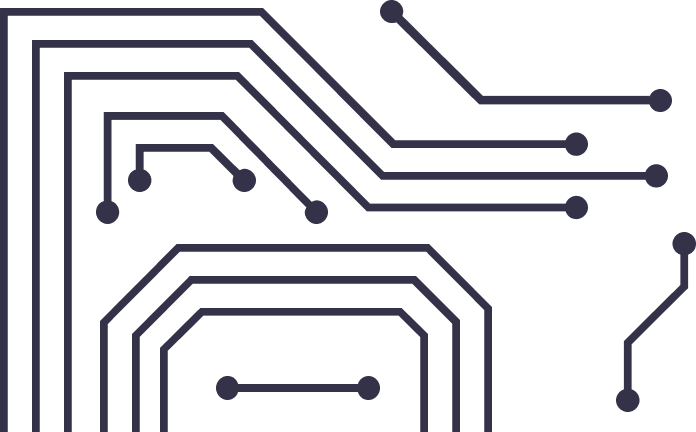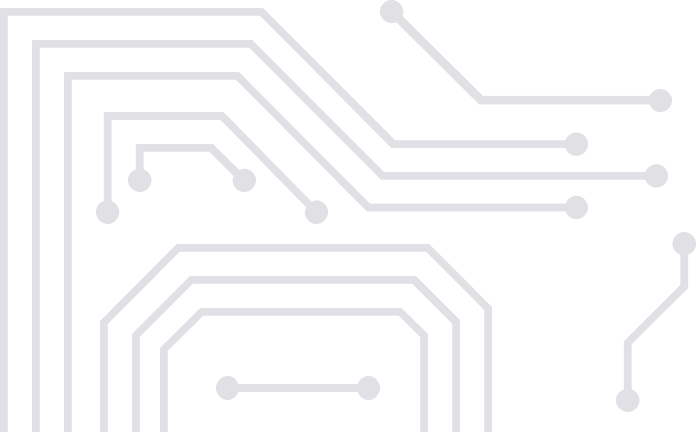AI Security Solutions: Safeguarding the Future

In today’s digital age, artificial intelligence (AI) has become an integral part of our lives, impacting various industries from healthcare to finance. However, with the increasing reliance on AI, ensuring its security has become paramount. This article delves into the world of AI security solutions, exploring the challenges, strategies, and innovations that safeguard this technology.
Introduction
Artificial intelligence has revolutionized how we interact with technology. From virtual personal assistants to self-driving cars, AI has made our lives more convenient. However, as AI adoption continues to grow, so do the security risks associated with it.
Understanding AI Security
Defining AI Security
AI security, also known as AI cybersecurity, refers to the protection of AI systems and the data they handle from unauthorized access, breaches, and other threats. It encompasses a wide range of technologies and practices aimed at ensuring the confidentiality, integrity, and availability of AI systems.
The Significance of AI Security
AI systems are not immune to cyberattacks. Malicious actors can exploit vulnerabilities in AI algorithms and data, potentially causing significant harm. Therefore, AI security is essential to protect sensitive information and maintain trust in AI technologies.
Challenges in AI Security
AI security faces several challenges, which need to be addressed effectively to ensure the continued growth and adoption of AI technologies.
Data Privacy
One of the primary concerns in AI security is data privacy. AI systems rely on vast amounts of data, often personal and sensitive in nature. Protecting this data from unauthorized access and misuse is critical.
Vulnerabilities
AI algorithms are susceptible to vulnerabilities that can be exploited by cybercriminals. These vulnerabilities may lead to biased AI outcomes, unauthorized access, or even AI model manipulation.
Ethical Concerns
The ethical use of AI is a growing concern. Ensuring that AI systems are not used for harmful or discriminatory purposes is a significant challenge in AI security.
Strategies for AI Security
To address these challenges, several strategies can be employed to enhance AI security.
Encryption
Encrypting data used by AI systems is crucial to protect it from unauthorized access. This practice ensures that even if a breach occurs, the data remains unintelligible to malicious actors.
Threat Detection
Implementing robust threat detection mechanisms helps in identifying and mitigating potential security threats in real-time. AI-powered threat detection systems are becoming increasingly effective.
Regular Updates
Frequent updates to AI algorithms and security protocols are essential. This helps in patching vulnerabilities and ensuring that AI systems remain secure against evolving threats.
The Role of AI in Enhancing Security
Interestingly, AI also plays a pivotal role in enhancing overall security measures. AI-powered security solutions can detect and respond to threats faster and more accurately than traditional methods.
Innovations in AI Security
As the field of AI security evolves, several innovations are shaping its landscape.
AI-Powered Cybersecurity
AI is being used to develop advanced cybersecurity systems that can adapt to evolving threats. These systems can analyze vast amounts of data and identify anomalies that might go unnoticed by human analysts.
Explainable AI
Explainable AI focuses on making AI algorithms more transparent and understandable. This not only enhances security but also helps in building trust in AI systems.
Federated Learning
Federated learning enables AI models to be trained across multiple decentralized devices, preserving data privacy while improving AI security.
Industries Benefiting from AI Security
Numerous industries are reaping the benefits of AI security solutions. These include healthcare, finance, e-commerce, and autonomous vehicles, among others.
The Future of AI Security
The future of AI security looks promising. With continued advancements in AI and cybersecurity, we can expect even more robust and innovative solutions to emerge. However, the challenges will persist, necessitating ongoing research and development.
Conclusion
AI security is a critical aspect of our digital future. As AI continues to permeate every aspect of our lives, safeguarding it from threats is imperative. By implementing strategies, fostering innovation, and addressing ethical concerns, we can ensure a secure and trustworthy AI landscape.
Frequently Asked Questions
- What is AI security?
AI security, also known as AI cybersecurity, is the practice of protecting AI systems and the data they handle from unauthorized access, breaches, and other threats.
- Why is AI security important?
AI security is essential to protect sensitive information and maintain trust in AI technologies, as AI systems are vulnerable to cyberattacks.
- What are some challenges in AI security?
Challenges in AI security include data privacy, vulnerabilities in AI algorithms, and ethical concerns related to AI use.
- How can AI security be improved?
AI security can be enhanced through strategies such as encryption, threat detection, and regular updates to AI algorithms and security protocols.
- Which industries benefit from AI security solutions?
Numerous industries, including healthcare, finance, e-commerce, and autonomous vehicles, benefit from AI security solutions to protect their AI systems and data.










